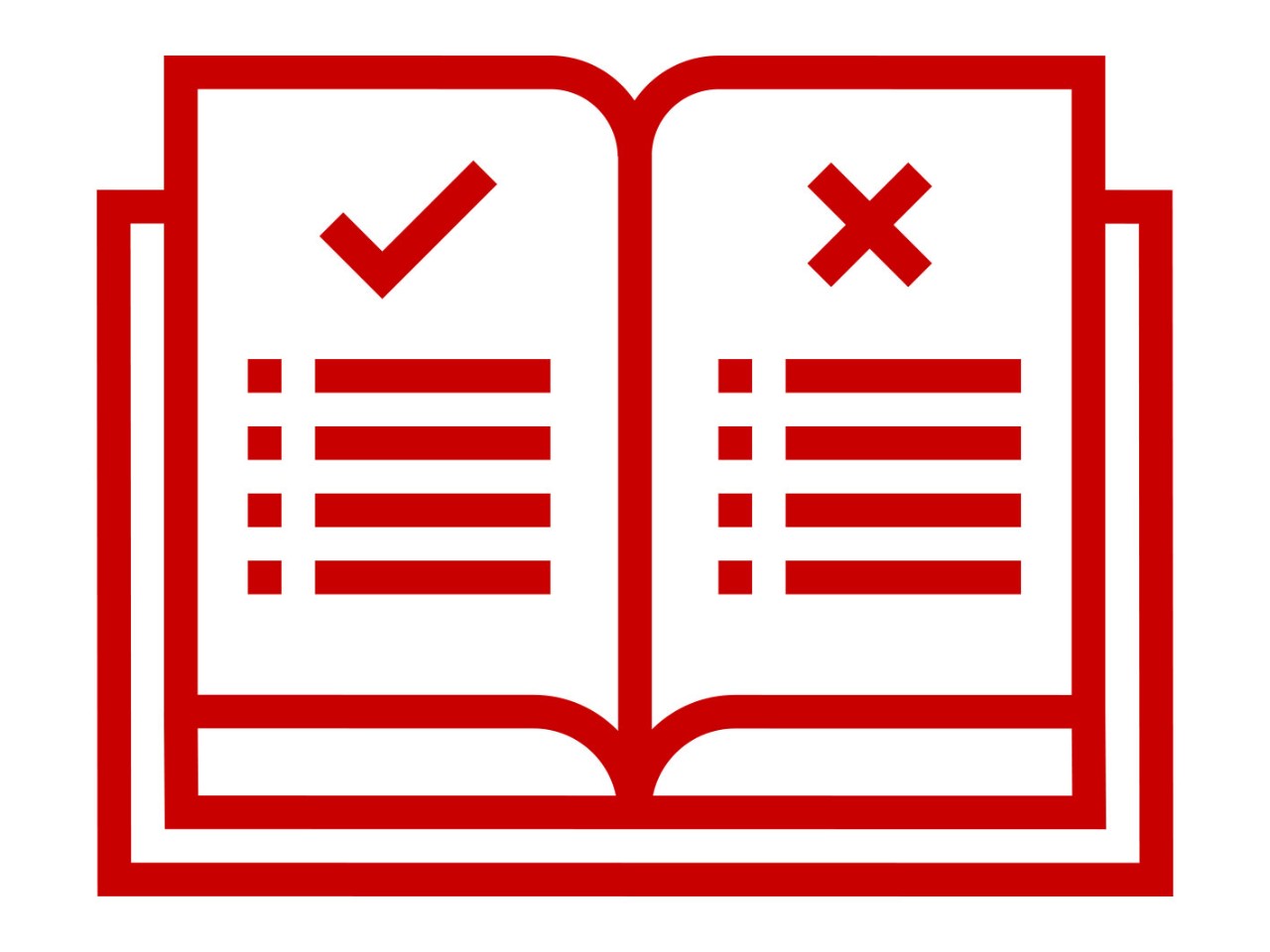
Accounting standards
The International Accounting Standards Board (IASB) has released an Exposure Draft Subsidiaries without Public Accountability: Disclosures allowing eligible subsidiaries to apply reduced disclosure requirements with the recognition, measurement and presentation requirements in IFRS Standards. The new rules could apply to a subsidiary that does not have public accountability, and has a parent that produces consolidated financial statements available for public use applying IFRS Standards. The new rules would reduce the cost of financial reporting for subsidiaries.
The IASB has also proposed a transitional accounting system for insurers following the new IFRS 9 and IFRS 17 standards on financial instruments from 2023, as some insurers have highlighted significant temporary accounting mismatches on initial application of the new standards that can make the change in accounting more difficult to communicate to investors.
The IASB has extended until 12 January 2022 the deadline for comments on a new approach to developing disclosure requirements in IFRS Standards and new disclosure requirements for the standards on fair value measurement and employee benefits. These proposals would enable companies to enhance their judgement and reduce ‘boilerplate’ information, giving investors more useful information.
The International Auditing and Assurance Standards Board (IAASB) has released a draft standard for audits of financial statements of less complex entities, notably SMEs. The goal is delivering understandable, clear and concise guidance on audits, which reduces divergence between reports ‘by driving consistency and comparability globally’. Smaller businesses with concentrated ownership and management are often required to receive formal audits but can struggle with international audit standards.
Ethics
The International Ethics Standards Board for Accountants has released draft changes to its International Code of Ethics for Professional Accountants, to better align it with the International Auditing and Assurance Standards Board’s (IAASB) two quality management standards. ISQM 1 mandates a robust, proactive and effective approach to quality management, while ISQM 2 covers appointing engagement quality reviewers and their responsibilities.
Public sector
The International Public Sector Accounting Standards Board is consulting on potential projects to add to its work program for 2022 and 2023. These include possible significant reforms on presenting financial statements and differential reporting. The board is also considering changing IPSAS 21, on the impairment of non-cash-generating assets; IPSAS 31, on intangible assets; IPSAS 33, on first-time adoption of accrual IPSASs; and making materiality judgments.
A point of view issued by the International Federation of Accountants has argued that there is a need for greater transparency and accountability within the public sector. It says that to ensure governments and public sector entities around the world make informed decisions for people, the planet, and the economy, strong governance and public financial management (PFM) are crucial. The paper adds that the accountancy profession has an important role to play in supporting fit-for-purpose PFM and an effective public sector.
Sustainability
The International Organization of Securities Commissions (IOSCO) is seeking feedback on proposed recommendations regarding environmental, social and governance (ESG) ratings and related data providers. IOSCO has raised a lack of transparency regarding methodologies underpinning ESG ratings and data. It warns of uneven coverage of assessments offered across industries and geographical areas, which might lead to gaps for investors following particular investment strategies.
The Value Reporting Foundation’s SASB Standards Board is developing new standards on renewable energy reporting, amending its electric utilities and power generators standard. The project will consider new metrics demonstrating how renewables can decarbonise industry, boosting international comparability of assessments.
The Global Reporting Initiative (GRI) is promoting a joint guide developed with the VRF’s SASB Standards Board on how companies can use both organisations’ standards together to deliver disclosure requirements. GRI standards apply across all sectors, while SASB Standards Board guidance is industry-specific. The guide argues that applying standards in tandem will help meet investor demands for information and aid regulatory compliance.



